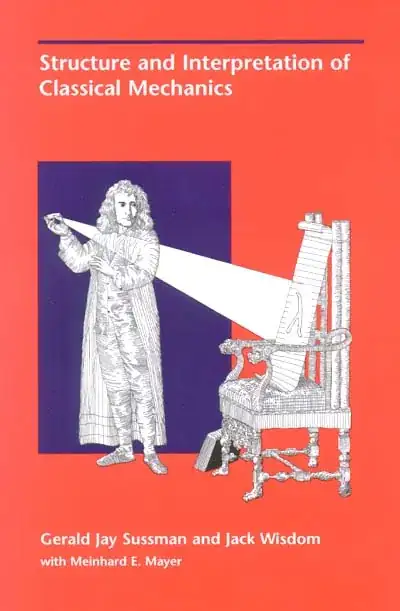I want to write (and have starting outlining) a physics textbook which assumes its reader is a competent computer programmer. Normal physics textbooks teach physical formulas and give problems that are solved with pen, paper and calculator. I want to provide a book that emphasizes computational physics, how computers can model physical systems and gives problems of the kind: write a program that can solve a set of physics problems. Third party open source libraries would be used to handle most of the computation and I want to use a high-level language like Java or C#.
Besides the fact I'd enjoy working on this, I think a physics-computer science joint curriculum should be offered in schools and this is part of a larger agenda to make this happen. I think physics students (like myself) should be learning how to use and leverage computers to solve abstract problems and sets of problems. I think programming languages should be thought of as a useful medium for engaging in many areas of inquiry.
Is this an idea worth pursuing? Is the merger of these two subjects in the form of an undergraduate college curriculum feasible? Are there any specific tools I should be leveraging or pitfalls I should be aware of? Has anyone heard of college courses or otherwise that assume this methodology? Are there any books/textbooks out there like the one I'm describing (for physics or any other subject)?
